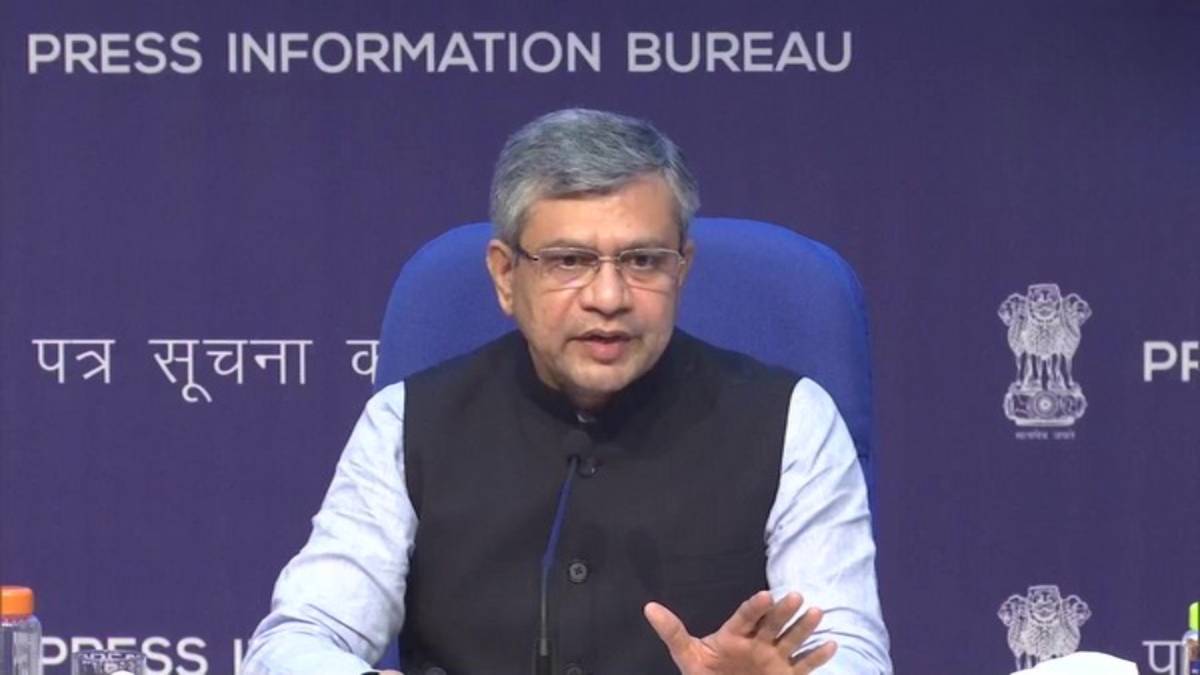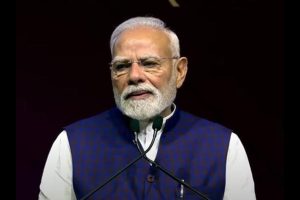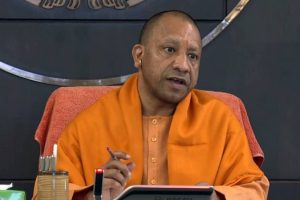Union Minister Ashwini Vaishnaw on Saturday said that the new GST rate rationalisation, set to take effect on September 22 (Navratri), along with the income tax relief announced in the 2025-26 Budget, will provide a strong boost to the economy while easing costs for households and farmers.
Speaking at a press conference at the BJP headquarters, Vaishnaw highlighted the government’s efforts to simplify taxation. “Before 2014, taxation was complex with multiple levies. GST has made it simple. The reforms announced will further ease people’s lives,” he said, calling it a fulfilment of Prime Minister Narendra Modi’s Red Fort promise of next-generation GST reforms.
The minister explained that rationalised GST would stimulate consumption, which in turn would create a “virtuous cycle” in the economy. “Even a 10% rise in consumption could add Rs 20 lakh crore to GDP,” he said.
The 56th GST Council meeting, chaired by Finance Minister Nirmala Sitharaman, approved sweeping rate cuts across essential, education, healthcare, agriculture, automobiles, and consumer goods sectors—termed as a “Diwali gift” to citizens.
Key Highlights of GST Reforms:
- Essentials & Household Items: Hair oil, shampoo, toothpaste, soaps, toothbrushes, shaving cream – reduced from 18% to 5%.
- Food Products: Butter, ghee, cheese, dairy spreads, namkeens, bhujiya, mixtures – down from 12% to 5%.
- Children & Education: Feeding bottles, baby napkins, notebooks, exercise books, erasers – moved to nil tax; maps, charts, globes, crayons fully exempt.
- Agriculture: Tractors (12% → 5%), tractor tyres and parts (18% → 5%).
- Healthcare: Health and life insurance now GST-exempt; medical oxygen, thermometers, diagnostic kits, glucometers – cut to 5%.
- Automobiles: Small petrol, LPG, CNG cars (≤1200cc/4000mm) and small diesel cars (≤1500cc/4000mm) – reduced from 28% to 18%; motorcycles ≤350cc and goods transport vehicles also see the same cut.
- Electronics: Air conditioners, TVs above 32 inches, monitors, projectors, and dishwashers – down from 28% to 18%.
Alongside rate cuts, process reforms have been introduced, including automatic GST registration within three working days, based on system-driven verification.
Vaishnaw said the reforms would not only ease the burden on citizens but also accelerate India’s growth trajectory, reinforcing the government’s focus on inclusive development.





